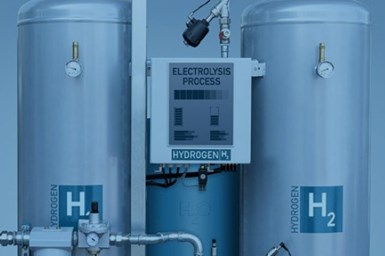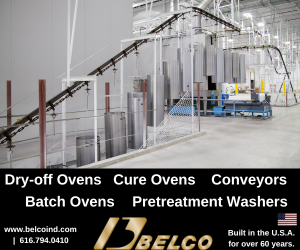Electrolyte for Electroplating with Pure Platinum
Platuna PT enables the deposition of exceptionally thick, homogeneous and crack-free platinum layers, which are particularly convincing in various technical applications.

Umicore Metal Deposition Solutions has developed an electrolyte for electroplating with pure platinum: Platuna PT. The electrolyte enables the deposition of exceptionally thick, homogeneous and crack-free platinum layers, which are particularly convincing in various technical applications.
Platinum is a precious metal with outstanding properties such as high
corrosion and abrasion resistance, excellent electrical conductivity,
biocompatibility and catalytic activity. Platinum coatings can therefore
improve the performance, durability, efficiency and effectiveness
of technical applications or increase the sensitivity and accuracy of
measurements. In addition, platinum is a recyclable metal that
contributes to the circular economy.
The Platuna PT electrolyte is the result of many years of R&D at Umicore. The electrolyte is highly acidic and has a low sulfuric acid content, making it less aggressive toward the substrate to be coated. Furthermore, it has a deposition speed of approx. 0.13 microns per min. at 5 ampere/decimeter², independent of the current intensity. The very long shelf life compared to many conventional platinum electrolytes (no precipitation) and the ease of transportation and storage (no cooling required) enable large storage quantities and thus a forward-looking cost calculation.
Platuna PT consists of 99.9% pure platinum and proves its high coating quality through the following properties:
• crack-free layers up to 5 microns
• uniform layer thickness distribution with a density of 21.4 g/cm3
• hardness of approx. 350 HV
• fog-free, without color cast, very bright (L* value: 87) and glossy
• high abrasion resistance
• excellent corrosion resistance
• very good tarnish resistance
These coatings are suitable for a range of technical applications,
such as a catalyst in electrolyzers for hydrogen production: Platinum accelerates the hydrogen evolution reaction at the cathode and reduces the amount of energy required for the reaction. Platuna PT can be deposited directly onto the carrier material (ideally titanium or nickel) and produces a thin and homogeneous platinum layer.
Platinum is also ideally suited as a surface material in medical sensors,
as it is biocompatible, corrosion-resistant and electrically conductive.
Platuna PT coatings are therefore used on electrodes, catalysts or
receptors in various sensors such as ECG, glucose, oxygen or pH sensors.
Electrical contact surfaces, for example in connectors, also benefit
from this. The platinum layer reduces the contact resistance
between the contacts and increases corrosion and abrasion resistance.
Platuna PT can thus improve the performance and service life of electronic, industrial and automotive plug contacts. In addition, platinum coatings are used in a variety of other technical applications or industries - water treatment or process control are just a few examples.
In some technical applications, even very thin layers can be sufficient.
This is why Umicore offers its customers interested in the product
comprehensive advice and, if required, on-site technical service. In this
way, the company can contribute to significant cost optimization on
the basis of empirical values and the analysis of possible test layers.
This also applies to applications such as jewelry, watches, writing
implements, spectacle frames and fittings, as the electrolyte is also suitable for decorative coatings.
Related Content
-
An Overview of Electroless Nickel Plating
By definition, electroless plating is metal deposition by a controlled chemical reaction.
-
How to Maximize Nickel Plating Performance
The advantages of boric acid-free nickel plating include allowing manufacturers who utilize nickel plating to keep up the ever-changing regulatory policies and support sustainability efforts.
-
Trivalent Chrome Overview
As the finishing industry begins to move away from the use of hexavalent chromium to trivalent chromium, what factors should finishers consider as they make new investments? Mark Schario, chief technology officer for Columbia Chemical offers a helpful overview of this complicated topic.











.jpg;maxWidth=300;quality=90)



